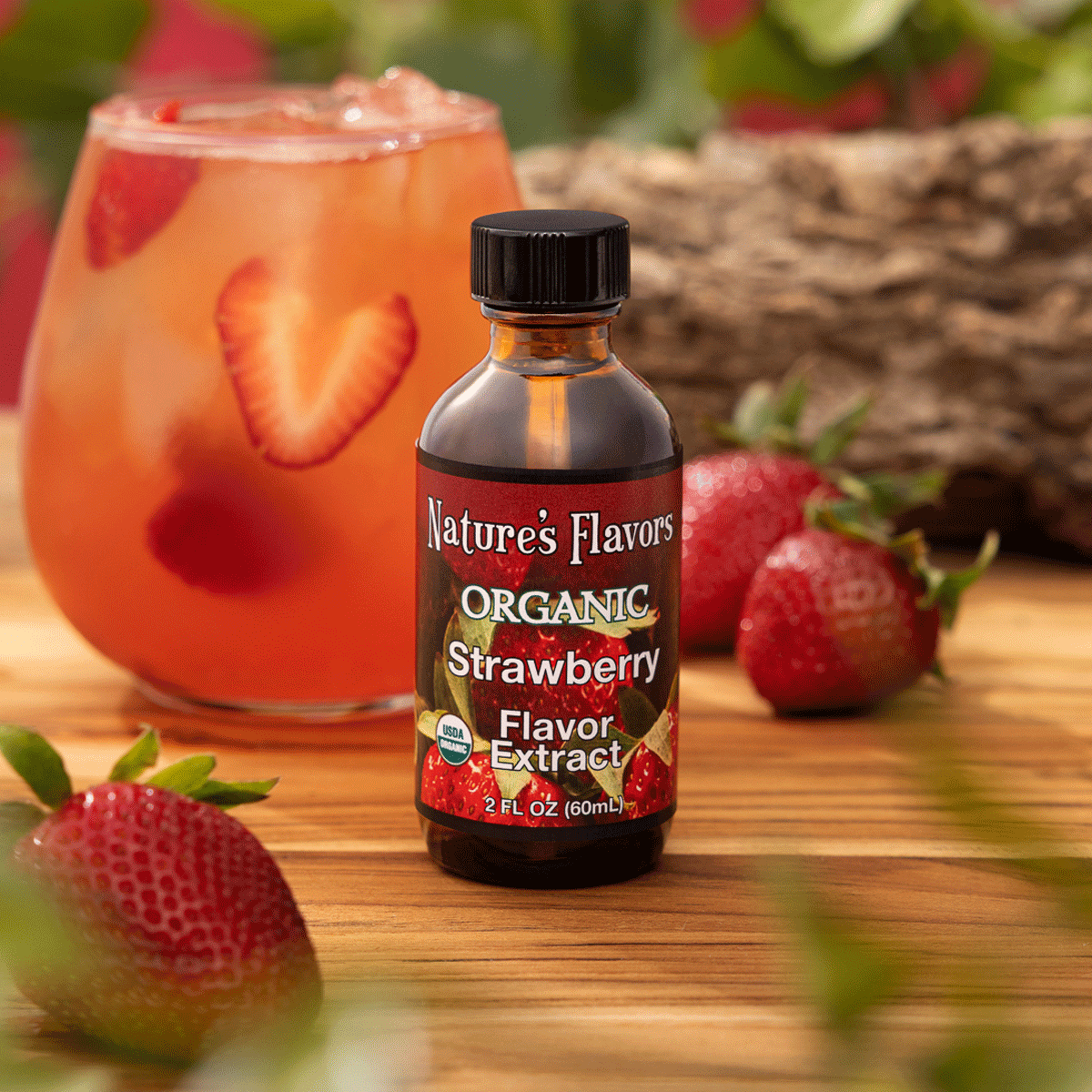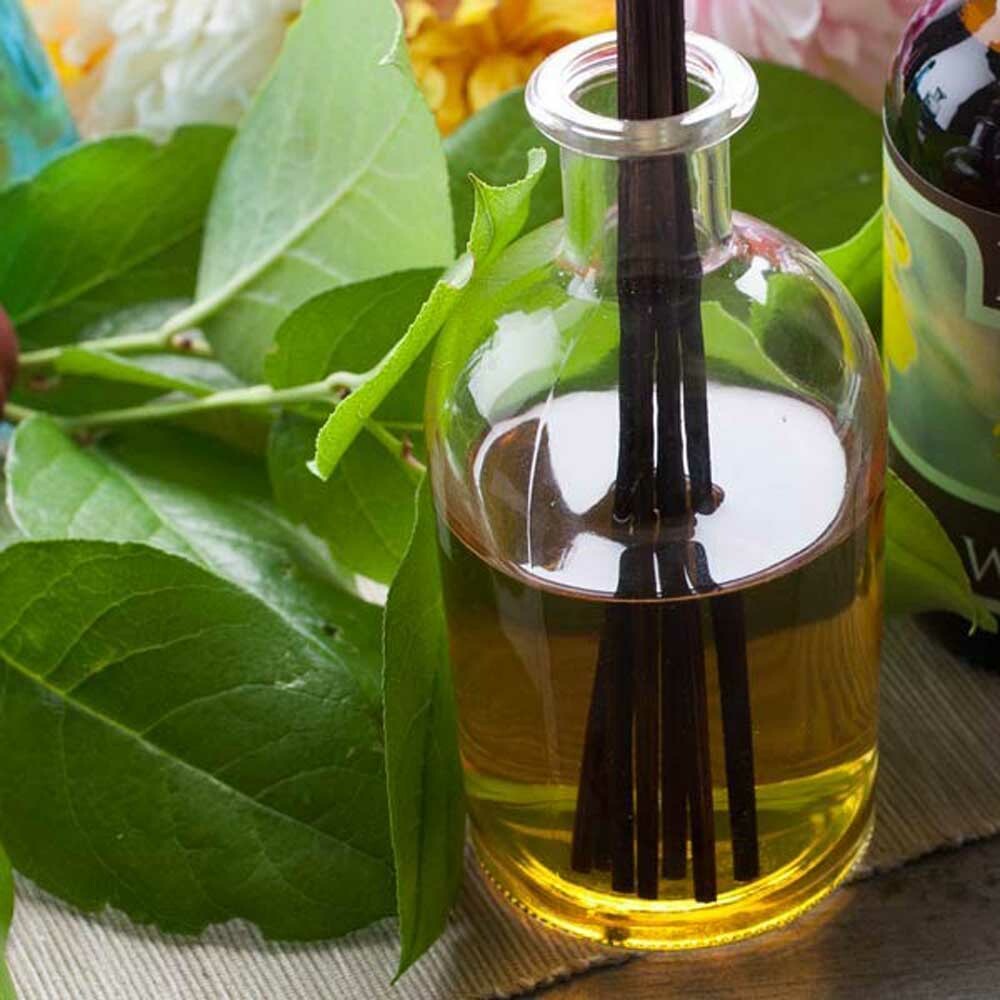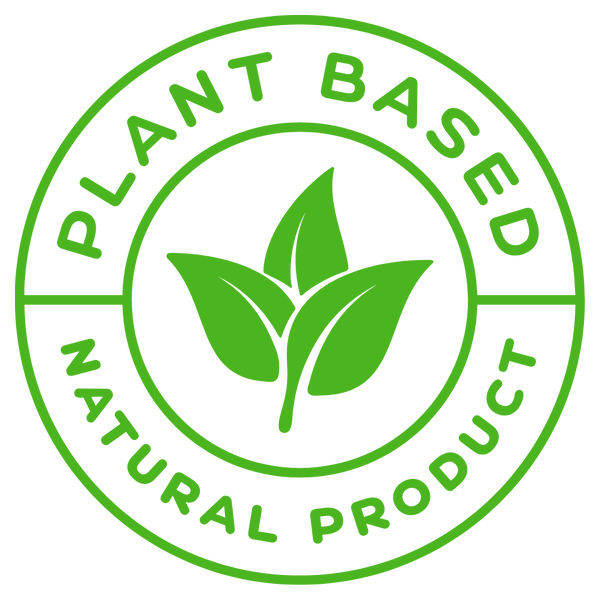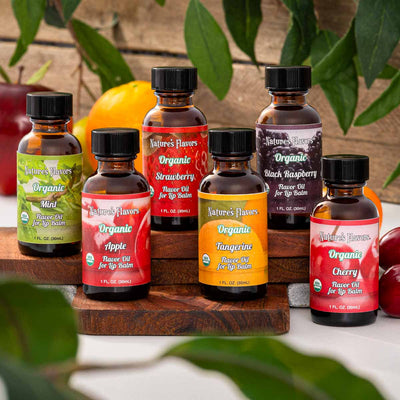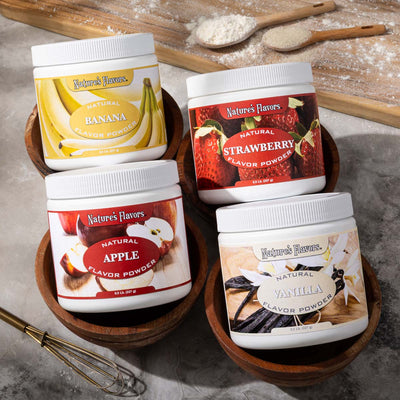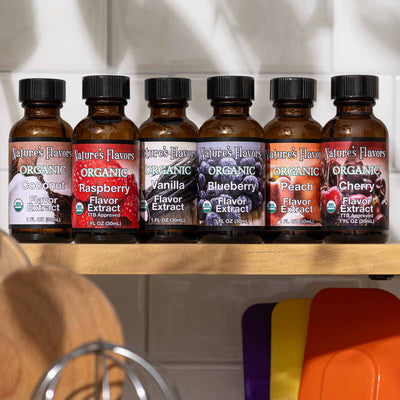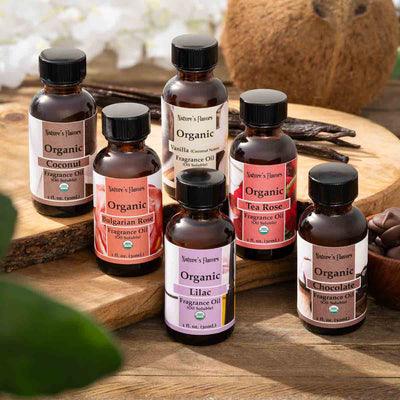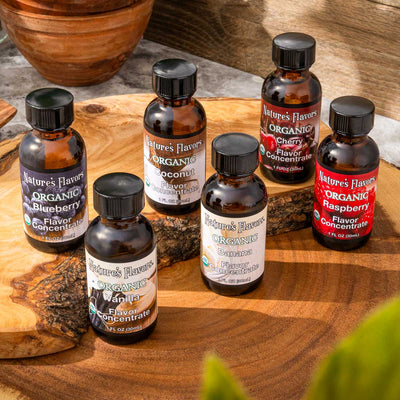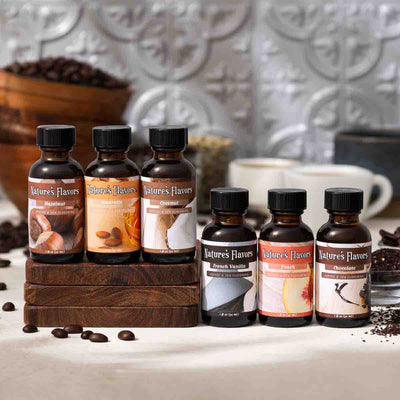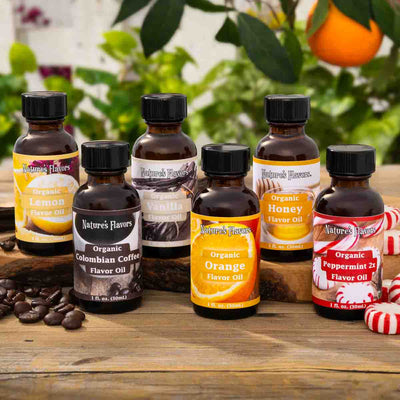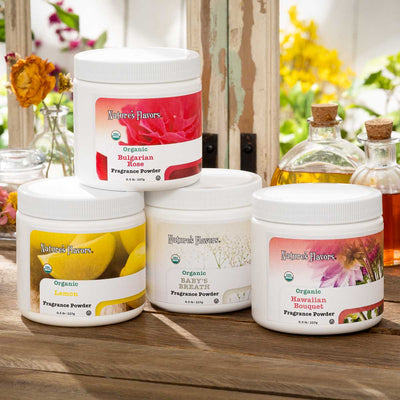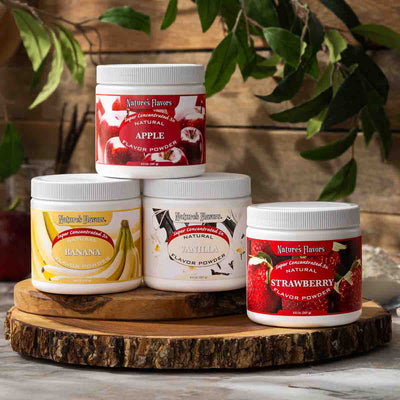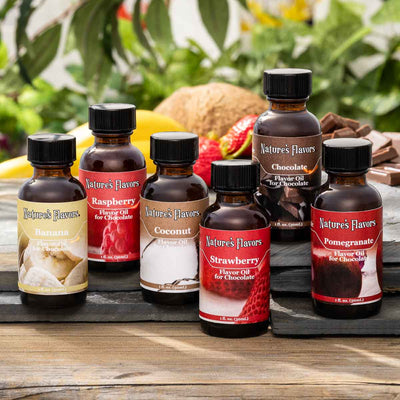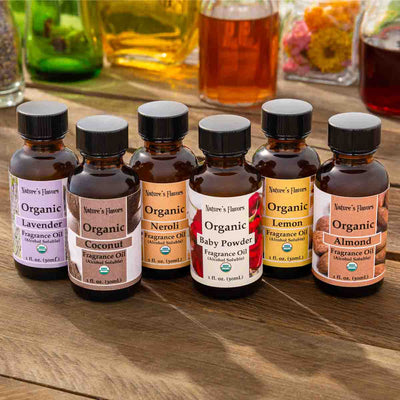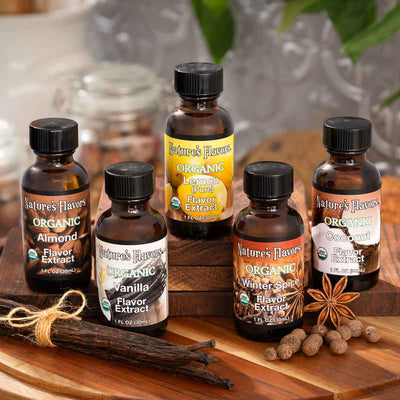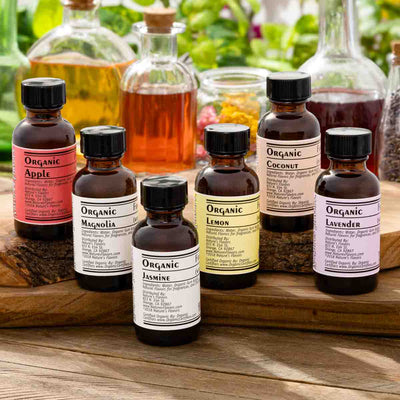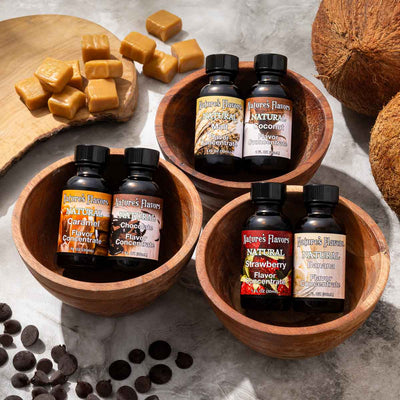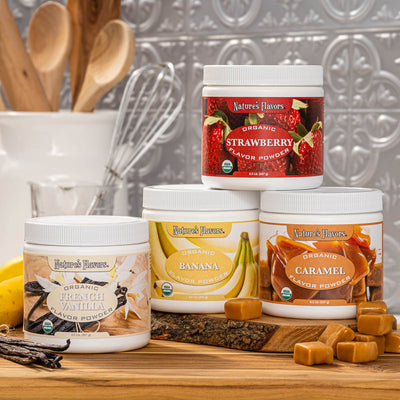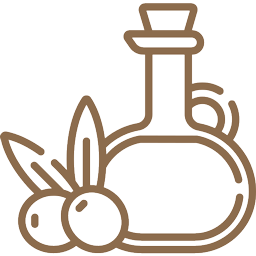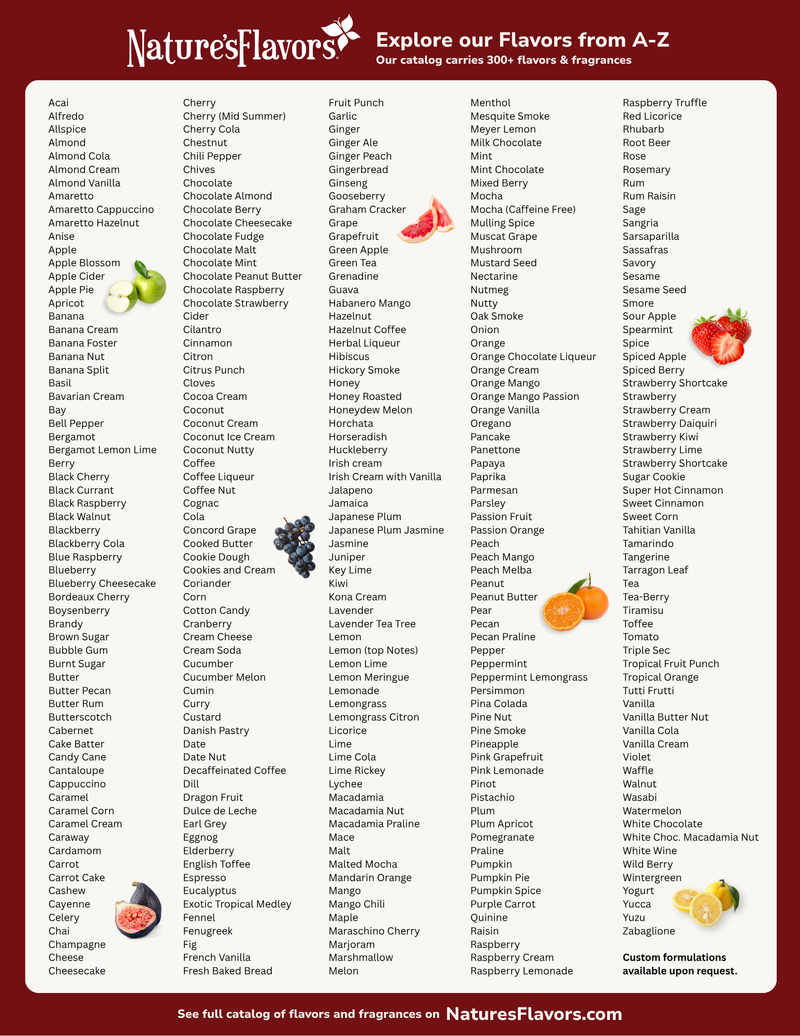Chamomile Flavor Concentrate is a specialized culinary ingredient that delivers the characteristic floral essence of chamomile flowers. This concentrated formulation provides a mild, honey-like taste with subtle apple undertones and a distinctive herbal aroma. The ingredient offers precise flavor control for food manufacturers and culinary professionals developing products that require consistent chamomile notes.
Applications:
This concentrate serves multiple food manufacturing sectors effectively. Beverage producers incorporate it into herbal tea blends, flavored water systems, and specialty drink formulations. Bakery applications include integration into cake batters, cookie dough, and pastry fillings where floral notes complement traditional flavors. The ingredient also functions well in sauce formulations, salad dressings, and condiments requiring botanical complexity. Dairy manufacturers utilize it in yogurt production, frozen dessert bases, and flavored milk products to achieve distinctive taste profiles.
Benefits:
Chamomile Flavor Concentrate provides manufacturing efficiency through standardized flavor delivery across production runs. The concentrated format reduces storage requirements while maintaining cost-effectiveness compared to whole herb processing. Its liquid form enables easy integration into existing production systems without requiring specialized equipment modifications. The ingredient supports clean label initiatives by providing recognizable botanical flavoring that consumers understand and accept.
Versatility:
The concentrate adapts to various pH levels and processing conditions, maintaining stability across different food matrices. Its compatibility with both hot and cold applications allows for use in diverse manufacturing processes. The ingredient functions as either a primary flavor component or as a complementary note that enhances existing flavor systems without overwhelming other ingredients.
Quality Assurance:
Manufacturing processes follow established food safety protocols with comprehensive testing procedures for each production batch. Quality control measures include sensory evaluation, microbiological testing, and chemical analysis to ensure consistent product specifications. Documentation systems track ingredient sourcing and processing parameters to maintain traceability throughout the supply chain.
Sustainability:
Sourcing practices prioritize suppliers who demonstrate responsible agricultural methods and environmental stewardship. The concentrated format reduces transportation requirements and packaging materials compared to equivalent amounts of raw botanical ingredients. Production facilities implement resource conservation measures to minimize environmental impact during manufacturing processes.


